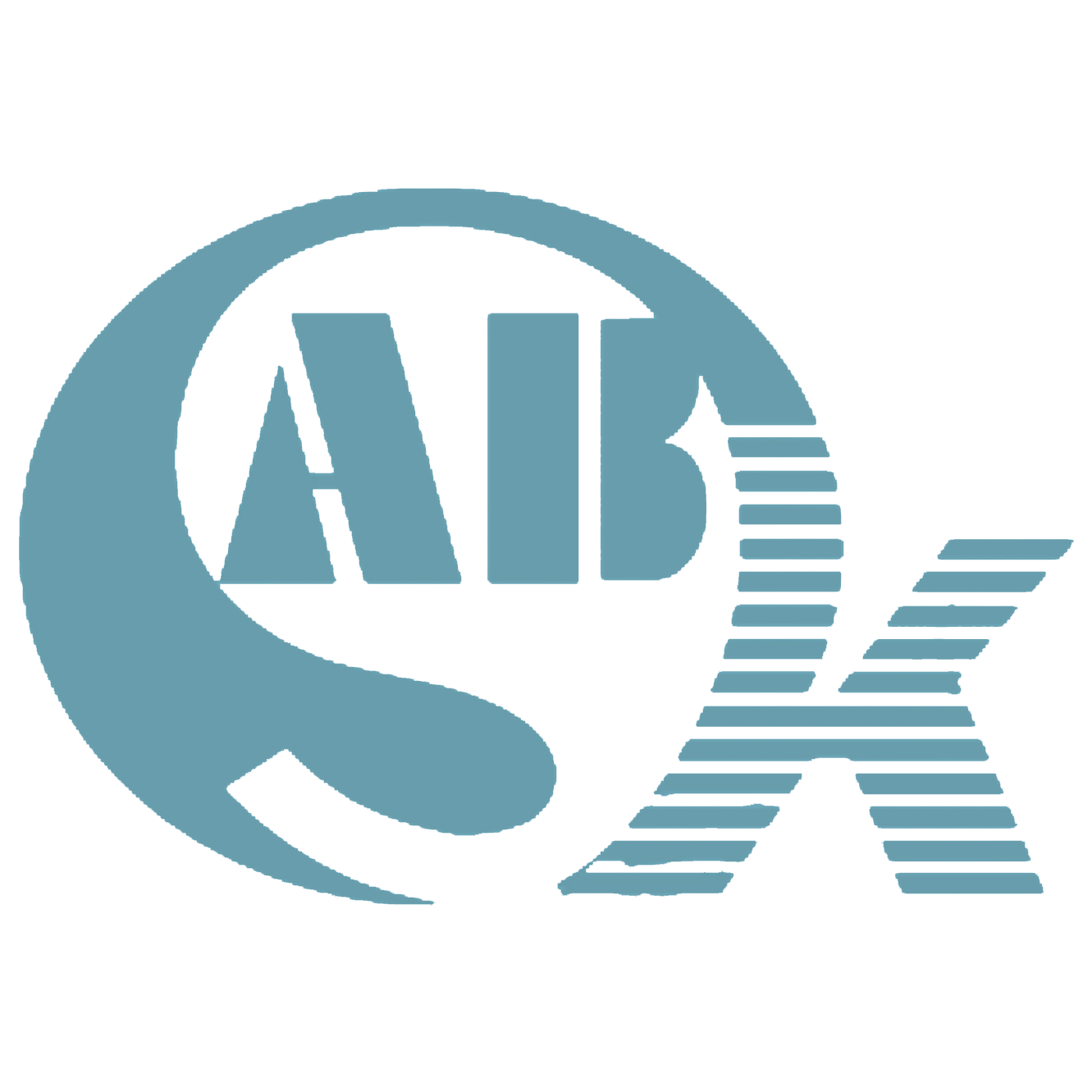Welding rotators play a pivotal role in various welding applications, from small workshops to large-scale industrial projects. These versatile pieces of equipment enable the rotation of cylindrical workpieces, such as pipes and tanks, during welding, ensuring uniform and high-quality welds. When it comes to investing in welding rotators, selecting the right welding rotator manufacturer is a crucial decision that can significantly impact your welding operations. In this article, we will explore the importance of welding rotator manufacturers and provide insights into making informed choices.
Why Choose the Right Welding Rotator Manufacturer?
Selecting a reputable welding rotator manufacturer is essential for several reasons:
- Quality Assurance: Established manufacturers are known for producing welding rotators that meet or exceed industry standards. This assurance translates into better-quality equipment for your welding projects.
- Reliability: Reputable manufacturers design their welding rotators for durability and longevity. You can rely on their equipment to perform consistently and withstand the rigors of daily welding operations.
- Technical Support: Trusted manufacturers offer comprehensive technical support, including product information, troubleshooting assistance, and access to spare parts. This support ensures that your welding rotators remain operational and efficient.
- Customization: Leading manufacturers often provide customization options to tailor welding rotators to your specific needs, accommodating various workpiece sizes and weights.
- Warranty: Established manufacturers typically offer warranties on their welding rotators, providing peace of mind and protection against defects or malfunctions.
Key Considerations When Evaluating Welding Rotator Manufacturers:
- Reputation and Experience: Research the manufacturer’s reputation in the welding industry. Look for reviews, testimonials, and case studies that showcase their track record and experience.
- Product Range: Consider the variety of welding rotators the manufacturer offers. Ensure they have models suitable for your specific welding applications.
- Quality Standards: Verify if the manufacturer adheres to recognized quality standards and certifications, such as ISO 9001, which ensure that their products meet strict quality criteria.
- Technical Specifications: Evaluate the technical specifications of their welding rotators, including load capacity, rotation speed, and control systems, to ensure they match your project requirements.
- Customization Options: If you have unique welding needs, inquire about the manufacturer’s ability to customize welding rotators to your specifications.
Key Features to Look for in Welding Rotators:
When assessing welding rotator manufacturers, it’s essential to also consider the features of their products. Here are some key features to look for:
- Variable Speed Control: A versatile welding rotator should offer variable speed control to accommodate different workpiece materials and welding processes.
- Self-Adjusting Wheels: Self-adjusting wheels on the rotator provide better stability and adaptability to varying workpiece diameters.
- Digital Control Panels: Advanced control panels with digital displays and user-friendly interfaces make it easier to set and monitor rotation speeds and other parameters.
- Heavy-Duty Construction: Sturdy, robust construction with high-quality materials ensures the durability and longevity of the welding rotator.
- Safety Features: Safety features such as emergency stop buttons, overload protection, and safety interlocks are crucial for the protection of operators and equipment.
Selecting the Right Welding Rotator for Your Project:
Once you have chosen a reputable welding rotator manufacturer, the next step is to select the right welding rotator for your project. Consider the following factors:
- Workpiece Size: Ensure the welding rotator’s load capacity is sufficient for the largest workpiece you’ll be welding.
- Rotation Speed: Select a rotator with a rotation speed that matches your welding process and desired weld quality.
- Workpiece Material: Different materials may require specific rotator designs or features. Ensure the rotator is compatible with the materials you’ll be working with.
- Control Options: Choose a rotator with control options that align with your preferred welding techniques and operator comfort.
- Budget: While quality should be a priority, consider your budget constraints and choose a welding rotator that offers the best balance of features and affordability.
Conclusion: Elevating Welding Efficiency with the Right Manufacturer
In the world of welding, precision and efficiency are paramount, and the choice of welding rotator manufacturer plays a significant role in achieving these goals. By selecting a reputable manufacturer known for quality, reliability, and support, you can ensure that your welding rotators enhance your welding operations.
Remember to evaluate both the manufacturer’s reputation and the features of their welding rotators to make informed decisions. Whether you are working on small-scale projects or large industrial applications, the right welding rotator manufacturer will be your partner in success, helping you achieve consistent, high-quality welds while optimizing your welding processes.
